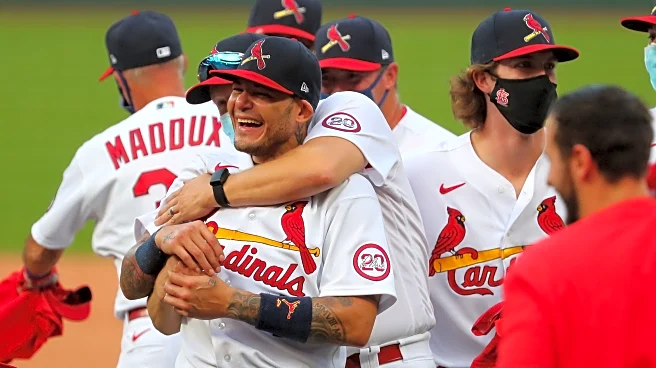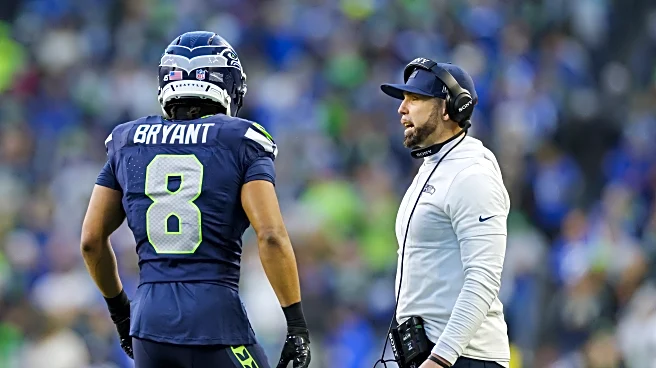Last I checked, the St. Louis Cardinals had a 0.3% chance of making the postseason. By the time you read this, they may be mathematically eliminated—for the third straight year. If that holds, it’ll mark
the first time the Cardinals have missed October three seasons in a row since 1997–99.
There’s a particular ache to September baseball when the standings no longer matter. It’s not heartbreak—not exactly. It’s something quieter. A season that once pulsed with urgency now drifts into ritual. The scoreboard still flickers. The players still run out grounders. But the stakes have changed. When rhythm falters, it’s tempting to tune out.
So today, I want to talk about how we stay emotionally engaged when the postseason is out of reach. What do we look for? What do we hold onto? How do we make these remaining games feel just as rich, just as fun, as if the stakes were high?
Here are some of my ideas:
Pick a favorite player (if you haven’t already)
When the standings fade, the stories don’t. Choose someone—maybe a young player finding his footing, maybe a veteran in his last season on the team—and follow his arc. Watch his at-bats, his body language, his postgame quotes. Let his journey become your lens. It’s easier to stay engaged when you’re rooting for a person, not just a team.
Make it social
September baseball is best served with grilled food and good company. Invite friends over. Stream the game on the patio. Light a bonfire and let the crackle of wood mix with the crack of the bat. The stakes may be low, but the vibes can be immaculate. Baseball is communal—lean into that.
Gamify the game
The six-run cheap soda deal from On the Run? Genius. It can turn a blowout into a bonus. Create your own mini-games: cheer for a player to reach a milestone or make bingo cards for broadcast clichés. When the macro stakes disappear, the micro stakes can become the magic.
Go to a game
Late-season crowds are smaller, quieter, and overall just a different experience. You’ll hear the pop of the mitt, the chatter from the dugout, the murmur of fans who are still choosing to be there. It’s a different kind of intimacy. If you’re lucky, you might catch a moment that feels like yours alone.
Write about it
You don’t have to be an expert—I mean, you have read enough from me to know that—just present. Jot down a moment that moved you, a player who surprised you, a weird stat that made you laugh. Turn a quiet inning into a reflection. Chronicle the texture of the game: the way the shadows fall across the infield, the way a rookie carries himself after a strikeout. Writing makes the game personal. It’s how I stay tethered when the stakes are gone. And someday, when the team rises again, I’ll have a record of what it felt like to stay.
Those are some of my ideas. I’m curious to hear how you’ve been enjoying low-stakes baseball. What have you actually liked about it? For me, there’s a quietness to it—a kind of stillness that invites reflection. Like taking the dessert away and realizing the vegetables were pretty good all along.
Baseball, at its core, is about timelessness, but its very foundation is a ticking clock. It begins in the spring, when the world feels new and full of possibility. It stretches through the long, languid days of summer, when the games seem endless and the nights are warm enough to linger. And then autumn arrives—brisk and golden—and injects a final burst of life into the season’s closing chapters. The marathon ends. The leaves fall. And we’re reminded that time ticks on.
These are the things I notice when I’m not chasing magic numbers or worrying about the standings. When I let go of the outcome and just watch. Baseball becomes less about winning and more about observing. And honestly? That’s not such a bad way to spend September.
Happy Sunday!










